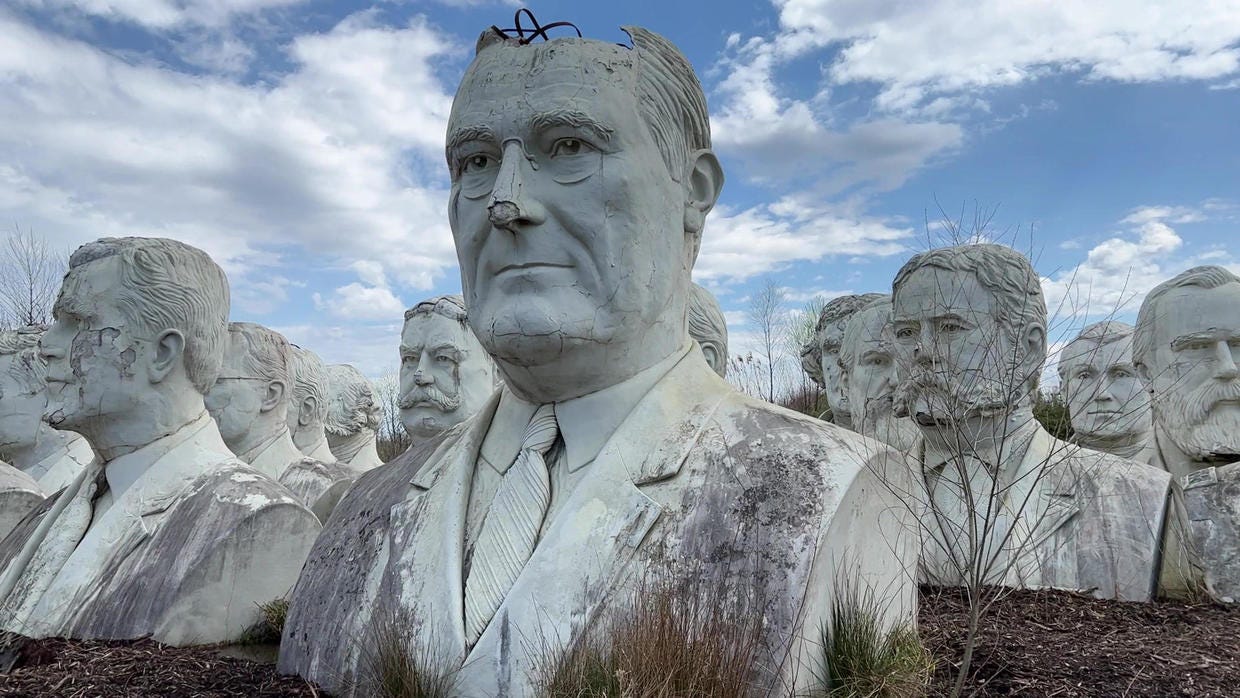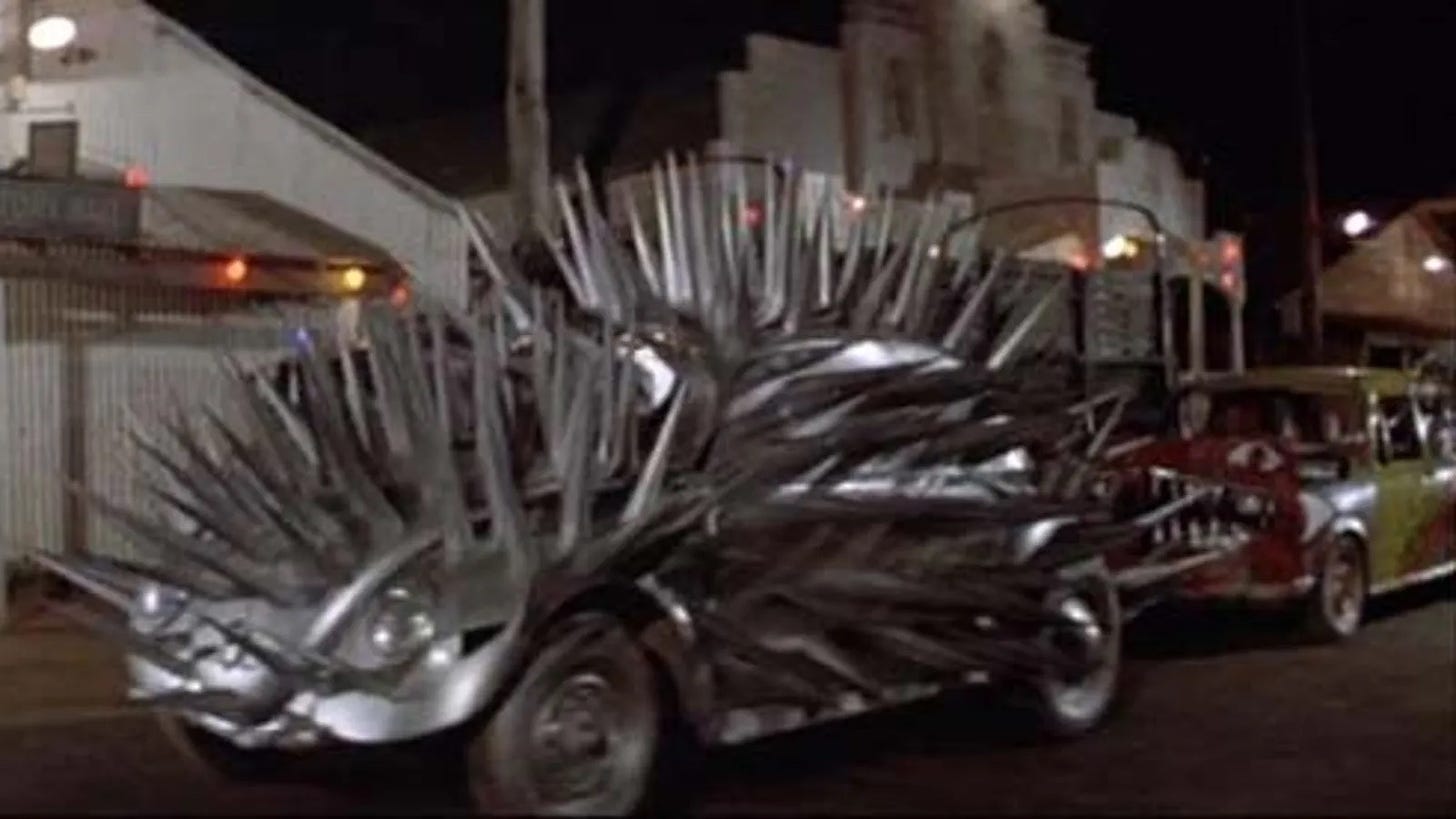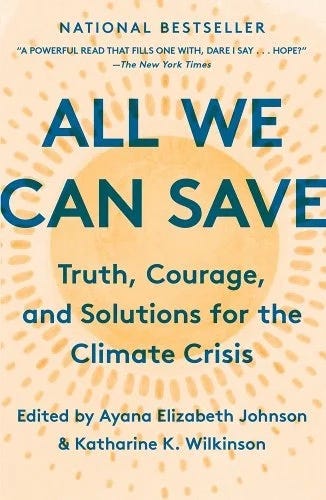So yeah deactivating Twitter was for me, like Kal-El removing a Kryptonite butt plug. I feel better, I’ve been reading more, and I still know about stuff like the Internet Archive getting sued for deciding that Covid meant that copyright was abolished for 5 months. For the record, I like the idea of IA but would prefer that people used e-book lending from their local library, because they don’t decide to rip off authors and declare themselves Internet Heroes because of Covid. Which is the short version of the lawsuit, and IA’s attempts to parlay this into victimhood are complete bullshit. Take up your publisher-hatred arguments with capitalism. I’m on your side, there. (As one writer said, it’s weird how “information wants to be free” only when it hurts artists and not coders and pharmaceutical patent-holders.)
With that out of the way, you can read Lucian’s True History, the world’s first satirical shit-post, on the Internet Archive, and not feel guilty. It’s also the first recorded story about creatures from other planets, I am told. But you should also read Greek Myths: a New Retelling by Charlotte Higgins, illustrated by Chris Ofili. It’s a beautiful book and worth plunking down the pecuniary to purchase the paper copy. Higgins frames the greatest hits of the Greek pantheon as tapestries woven by women and goddesses, from Athena to Ariadne to Helen and Penelope, and their perspectives are fresh and rich. Her version of Medea’s tale is worthy of its own book, a la Circe by Madeline Miller, one of my favorite reads of the past decade.
The new book in my mythology slot is Gilgamesh, the Stephen Mitchell translation. I’ve never read this one, the oldest of classics, the Sumerian tale of how their god-king learned to be less of an ass. Nearly lost to time, rediscovered in the 1800s on cuneiform tablets, Rainer Maria Rilke and many others were delighted by it, and I am beginning to see why. The Sumerians are very familiar but also very different. They invented bureaucracy and beer. And they loved beer and hated working—they worked for the weekend, just like us! They did not invent Loverboy, however. But they did have a hymn to Ninkasi, the goddess of brewing!
What else did I enjoy reading this week? This article about swimming in a natural spring, by Elizabeth McCracken. She gets attacked by geese! It’s not even funny. Geese are monsters. But it is a lovely read, she’s a wonderful writer, of The Giant’s House among other things. And Chris LaTray interviewed the owner of a Montana bar made famous by three crude poets—Poets Lout-reate?—in the New Yorker. “The Only Bar in Dixon” was the poem, and you can read the three poems at the link, after the article.
Another great read was this commencement speech by naturalist writer Barry Lopez, where he pits the Hero Myth adhered to by the Western Tradition against how people who actually have to survive in the wilderness, indigenous people who have passed down wisdom to one another for generations, put together all their experiences and make sure No One is Left Behind, rather than sending one person, a rogue, loose cannon, to sacrifice us for their decision. It’s an excellent read, and makes you wonder how many have been sacrificed to our egos, for wanting to be the Singular Hero instead of listening to everyone who has experience. Thanks to Hannah Fischer for the piece.
Rowdy, the cat who escaped from his carrier at Boston’s Logan Airport and survived for three weeks while evading capture, came in willingly.
History we’re not taught: In New Jersey, women and free people of color could vote from 1790 to 1807 until claims of “voter fraud” by white men led to a ban.
CBS Sunday Morning visited the guy who has all those giant President heads in a field.
NASA released the first images from the James Webb telescope, and they are stunning.
I watched The Cars That Ate Paris, an early film by directed Peter Weir, about a remote Australian town that causes car accidents as a local cottage industry; it’s an interesting precursor to Mad Max and car culture fantasies, but I can’t recommend it. But it does have the mos bad-ass Bug ever:
And I finished Night Boat to Tangier by Kevin Barry, which I liked. Not loved. As with many minimalist novels, it is easy to attribute depth when there is nothing there. I don’t think this is nothing, but I wasn’t overly thrilled with yet another crime novel about an awful father looking for the daughter that escaped. This one benefits from never trying to get us to feel pathos for the man; but all in all, I would rather have read Dilly’s novel than his. Then again, I have difficulty feeling anything for heroin dealers. I did like Barry’s writing, and I may try him again.
I’m still reading Horizon by Barry Lopez, and it’s really epic in scope. He’s left Turkana, searching for hominid fossils with Richard Leakey’s field workers who do all the work, and now he’s in Australia, near Jack Hills, where the oldest rocks on Earth have been dated—4.4 billion years!—and where centuries of rock art by aboriginal people have been vandalized and utterly destroyed by iron miners, who were finally goaded into dumping the treasured sacred stones into a rock pile and putting a fence around it. The area is an apocalyptic wasteland where you can only shower once a week because of heavy metals in the water, and open asbestos mines leave areas where you can’t even breathe without risking mesothelioma, but hey, China needs cheap steel and white workers are making bank if they can survive the chances of cancer. And not to slam Ozzies when it’s happening in Tibet, the United States, and well, everywhere.
Lopez’s final book is about the Anthropocene, the era named not to honor humanity, but to put our name on the grave marker for the Sixth Extinction. It is not an easy read.
However, I continue to recommend All We Can Save, a book by indigenous people and climate scientists who want to instill hope, not doom. It’s not over yet, and we need to think in terms of what we can save, instead of what is already lost.
Have a great weekend!








The Elizabeth McCracken piece was my introduction to her writing earlier this week and I was blown away. Or washed away, swept away, maybe. Anyway, as a swimmer, I loved it.
Isn't that Leakey section of the Lopez book where he describes how the black mamba will rise up to strike chest high just to fuck you up harder and faster? What a terrifying creature.